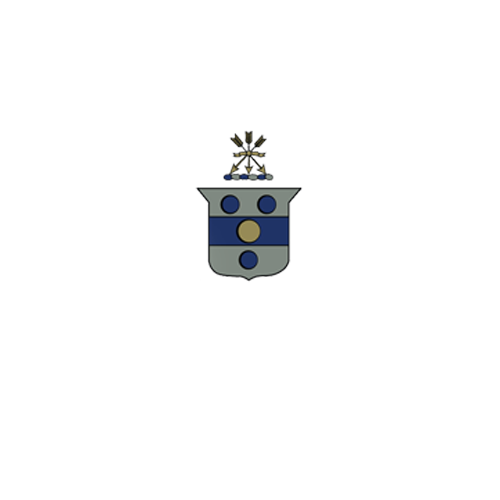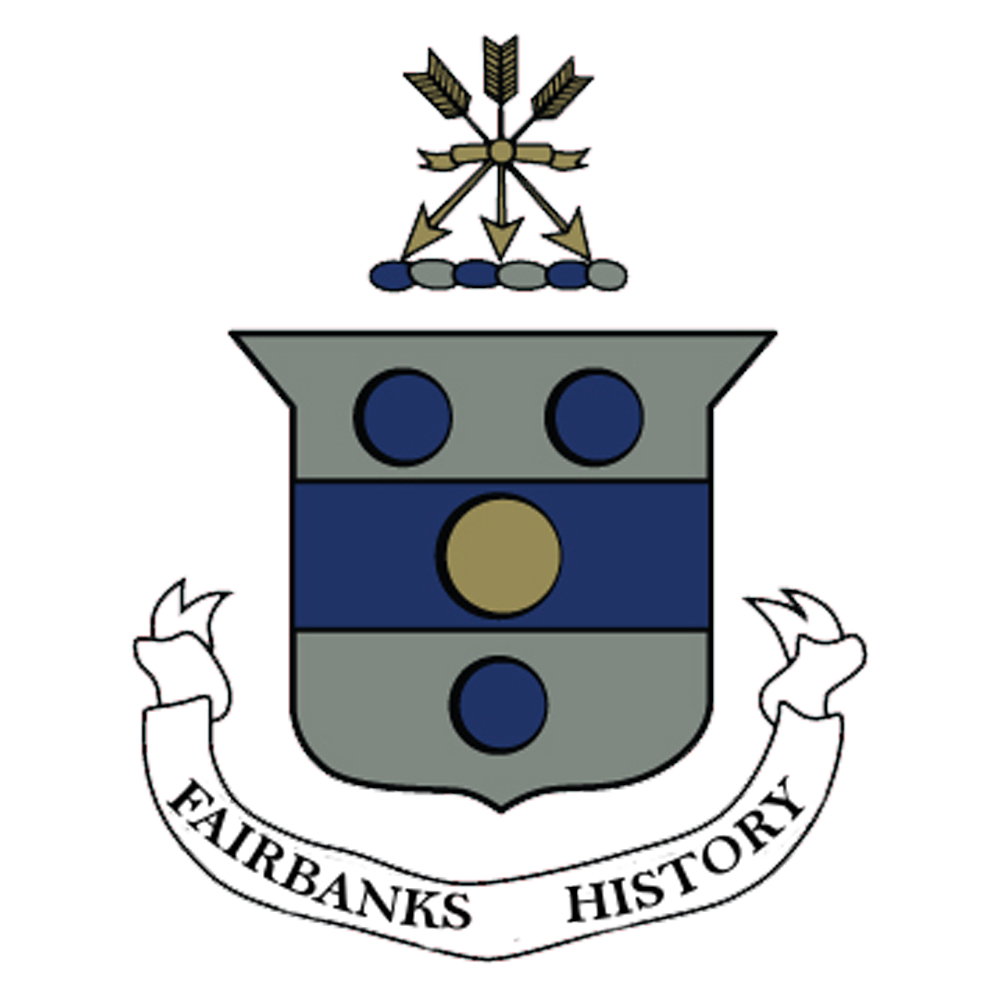Glimpse into Made to Last Forever, England, and Fairbanks in the Lexington Alarms 1775
Glimpse into
Made to Last Forever: A Family. A House. A Nation
In the early 1600s, England was in turmoil. No battles broke out on English soil until 1646, at least 10 years after Jonathan and Grace left England. Jonathan and Grace were married in northern England at St. John the Baptist in Halifax, West Yorkshire, England in 1617. Eight years later, 1625, one of the largest plagues broke out in London and spread to the rest of the country.
Think COVID when you think of the plague. The two diseases were similar in many ways. At the outbreak of the plague, they didn’t know what caused it. They didn’t know how it was spread. They tried to protect themselves with “posies”, herbs and flowers carried in their pockets to hold up to their noses to dispel the odors which might carry the disease. People were forbidden to travel from London, people harboring those coming out of London were fined. In some cases, the doors were locked not allowing anyone in the home of the infected to leave. Churches, taverns, entertainments, celebrations, etc. were closed and banned. Mass graves, instead of refrigerated trucks were opened to bury the dead. King James died of the flux (dysentery), not the plague, the day that the plague was announced in London. For more information on the Plague, see Grace’s Garden. on a previous blog.
King James had already sent the Separatists (Pilgrims) fleeing the country because of persecution. Now his son, Prince Charles, was brought from Scotland to rule England. Prince Charles brought a Catholic bride with him to the throne. Following the ways of his father, King Charles persecuted the Puritans.
Replica of the Mayflower which would be much like the ship the Fairbanks family traveled on to Massachusetts Bay Colony.
That same fall, during the height of the plague season, Jonathan Fairbanks’s father, John Fairbank, died suddenly. His father left little in his will to help Jonathan support his family in a time when people were both being persecuted and losing economic security. During that time there were also severe food shortages because of crop failures. The plague returned each summer and moved up into the north of England where Jonathan and his family lived.
Sailing on a small ship to an unknown, undeveloped land was very risky, especially taking along a young family. Things must have seemed desperate for Jonathan. He had no way to fight back. So he left England, taking his family to the Massachusetts Bay Colony when it was first being developed. I imagine it must have been like flying to the moon or Mars to relocate to a newly settled colony in a completely foreign environment.
Back view of the Great Haigh House, possibly the home of John Fairbank, father of Jonathan Fairbanks, near Thornton-in-Craven, England.
It is still a mystery why Jonathan’s father left him little in his will when he left other sons land and daughters larger sums of money. For a glimpse of the lands, homes, churches, and school the young Fairbanks family left in England to establish a new life in the “wilderness”, see the powerpoint presentation I gave at the 2023 National Fairbanks Family Reunion after I traveled to our ancestral lands in England. Tap the green bar below.
To learn more about Made to Last Forever: A Family. A House. A Nation.
The Fairbanks Revolutionary War Patriot Project
The Lexington Alarms
On April 19, 1775, the “Shot Heard Around the World” and the official battles of the Revolutionary War began. At least forty-four Fairbanks men answered the Lexington Alarms according to Lorenzo Sayles Fairbanks in The Fairbanks Family in America, 1633-1897, pages 856-857. We know many more descendants of Jonathan and Grace Fairbanks, the original founders of the Fairbanks name in America, also answered the call under different surnames of the Fairbanks daughters who married into other families. We have discussed some of those in previous blogs.
The Fairbanks family didn’t wait until the Revolutionary War to speak up or act out against the way the Massachusetts Bay Colony was being treated by England’s government or other dangers that threatened them. Jonathan Fairbanks signed a petition in support of the colony government in 1662 when King Charles II was enacting rules, sending enforcers to the colony, and threatening to combine all the colonies together. This can be found in the Dedham Town Records Volume IV.
The original family joined in when military strength was needed to protect the colonists. George, the second son, joined the Massachusetts Military Company in 1644. It is now known as the Ancient and Honorable Artillery Company, and its museum is at Faneuil Hall in Boston.
We learn from the records of George M. Bodge in his “Soldiers in King Philip’s War,” a war between the Natives and Settlers in 1675 and 1676, that Jonathan Jr. was in the cavalry troops in during the first battles of King Philip’s War and participated throughout the war. John and George also participated in that war. Unfortunately, Jonas was killed in an early raid on Lancaster, but Lydia, his wife, signed the papers to request the Massachusetts Bay Colony goverment to send wagons to rescue those who were remaining in Lancaster huddled in two garrisoned houses.
At the outbreak of the Lexington Alarms, the Fairbanks descendants in the middle Massachusetts areas were at a great distance from the action, over 33 miles. Many didn’t arrive until the siege of Boston began. A number of them remained to help in the siege and longer.
According to the Dedham Museum and Archive, Dedham received the alarm at 9:00 am many men from and around Dedham actually went to a third town, Menotomy, now known as Arlington, Massachusetts, during the Lexington Alarm. Menotomy or Arlington is about 14 miles due north of Dedham. The British Troops retreating from Lexington and Concord gathered at Menotomy. Colonial troops engaged them there for what is called the bloodiest battle of April 19, 1775. It is said that Captain Joseph Guild of Dedham led his 300 men there. One of them was David Fairbanks of Dedham. David served for 13 days, so he was not one of those who died at Menotomy.
The Dedham Museum and Archive states other companies under Lt. George Guild, Capt. William Bullard, Lt. William Ellis, and Capt. Ebenezer Battle were also a Menotomy for 8 days.
David Fairbanks of Dedham fought under William Battle for 12 days.
Benjamin Fairbanks fought under Captain William Ellis for 8 days.
Aaron Fairbanks of Dedham fought under Capt. Ebenezer Battle for 8 days
Many others are said to have marched to Cambridge and Roxbury.
Most do not have destinations or designations under the remarks.
Only one was stated to have gone to Concord. That was Joshua Fairbank of Framingham who served under Captain Simon Edgel for 14 days.
Learn more about the Battle of Menotomy at the Arlington History Society website.
Dedham and the Revolutionary War
Dedham Museum and Archives has a list of Dedham Residents that participated in the Revolutionary War, 1775-1783. Collection of Dedham Museum & Archive.
Here is the list of the Fairbanks men noted in the Lexington Alarm by Lorenzo Sayles Fairbanks.
Bolton: Ephrahan, Jabez
Dedham: Aaron, Benjamin, 3 Davids, Ebenezer Jr., Israel Jr. and Sr.,
Douglas: Joshua
Dudley: Jonas
Framingham: Joshua, Zacceus
Harvard: Amos, Cyrus,Joseph, Levi, Phenias Jr. and Sr.
Holliston: Drury, Elijah, Jonathan Jr.
Hubbardston: Oliver
Lancaster: Cyrus, Joseph, Joseph, Oliver Seth
Leominster: Elijah
Medway: Abijah, Geroge Jr., Jotham
Mendon: Samuel Jr.
Milton: Moses
Northfield: Luther
Sherburne: Ebenezer
Stoughton: Benjamin
Templeton: Joseph
Wrentham: Joel, John
Not given: Edward, Lemuel
Summary
The Fairbanks family of England left England, a country in turmoil. Jonathan’s family, receiving little in his father’s will, struggled to build a new life in a strange environment. Even before the end of Jonathan’s life, he signed a petition against the English governing of the colonies. His sons were caught up in a war shortly after his death, King Philip’s War. Then his grandsons and great grandsons followed suit in the French and Indian Wars. Without rest, the Revolutionary War broke out. The Fairbanks descendants answered the call, giving this country independence from England. Ever since, descendants of Jonathan and Grace Fairbanks have fought in all major wars protecting the sovereignty of this nation.







